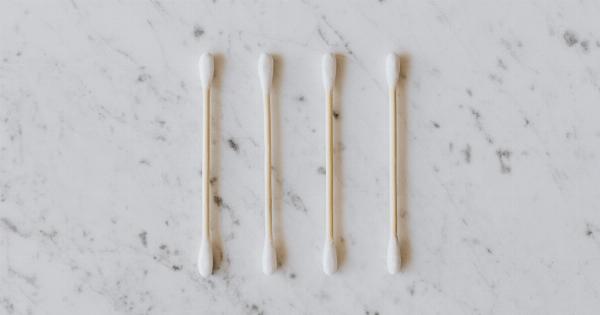Hearing is a vital sense that allows us to communicate, engage with the world, and enjoy various audio experiences.
Unfortunately, many people experience some degree of hearing loss or damage throughout their lives, often as a result of avoidable behaviors or neglecting proper ear care. However, by adopting good practices and taking simple precautions, it is possible to maintain good hearing for life. In this article, we will explore some effective ways to safeguard and preserve your hearing health.
1. Get Regular Hearing Check-ups
Regular hearing check-ups are important to catch any potential hearing issues early on. Schedule regular appointments with an audiologist or otolaryngologist to assess your hearing and address any concerns.
This can help detect any changes or signs of hearing loss, allowing for early intervention and treatment.
2. Protect Your Ears from Loud Noises
Exposure to loud noises, whether during work or leisure activities, can lead to permanent hearing damage or loss. Make sure to wear ear protection when engaging in activities such as concerts, shooting ranges, or using loud machinery.
Limiting exposure to loud noises and using earplugs or earmuffs can greatly reduce the risk of noise-induced hearing loss.
3. Practice Safe Listening
When using headphones or earbuds, it is important to practice safe listening habits. Avoid turning the volume up too high and take regular breaks to give your ears a rest.
Opt for over-ear headphones or noise-canceling earbuds, as they can help block out external noise, allowing you to listen at a lower volume.
4. Be Mindful of Medications
Some medications, known as ototoxic drugs, have the potential to cause hearing damage or loss. If you are taking any medications, especially over a prolonged period, consult your doctor about their potential side effects on your hearing.
They may advise alternative options or adjust the dosage to minimize any risk to your hearing.
5. Maintain a Healthy Lifestyle
A healthy lifestyle can contribute to overall well-being, including the health of your ears. Regular exercise, a balanced diet, and sufficient sleep can help promote optimal hearing.
Additionally, avoiding smoking and excessive alcohol consumption can also have a positive impact on your hearing health.
6. Be Cautious with Ear Cleaning
While it is important to keep your ears clean, it is equally vital to clean them properly and avoid any potential damage.
Avoid using cotton swabs or other objects to clean the inside of your ears, as they can push earwax deeper, leading to impaction or irritation. Instead, gently clean the outer part of your ears with a damp cloth.
7. Limit Exposure to Water
Prolonged exposure to water, such as when swimming or showering, can lead to moisture accumulation in the ears, increasing the risk of infections or other complications.
Make sure to dry your ears thoroughly after water exposure, using a soft towel or a hairdryer set to a low temperature.
8. Educate Yourself and Others
Stay informed about common causes of hearing damage and prevention methods. Educate yourself and others on the importance of taking care of our ears and avoiding harmful behaviors.
By spreading awareness, you can contribute to a healthier and more considerate environment for hearing health.
9. Use Noise-Canceling Headphones in Noisy Environments
Sometimes, it’s impossible to avoid noisy environments, especially when flying or commuting. In such cases, investing in noise-canceling headphones can help reduce the overall exposure to loud sounds, minimizing the potential harm to your hearing.
Enjoy your music or podcasts without having to turn up the volume excessively.
10. Stay Mindful of Your Hearing Health
Lastly, staying mindful of your hearing health means paying attention to changes in your hearing abilities.
If you notice any signs of hearing loss, such as difficulty understanding conversations or ringing in the ears (tinnitus), seek professional help immediately. Early diagnosis and intervention can significantly improve outcomes and prevent further damage.





























